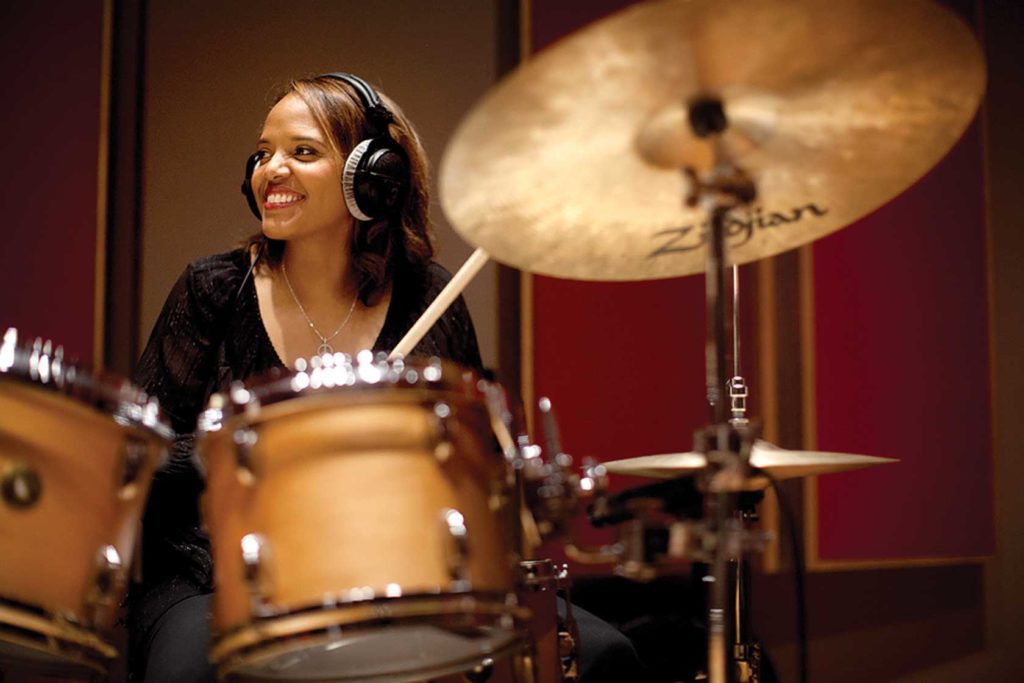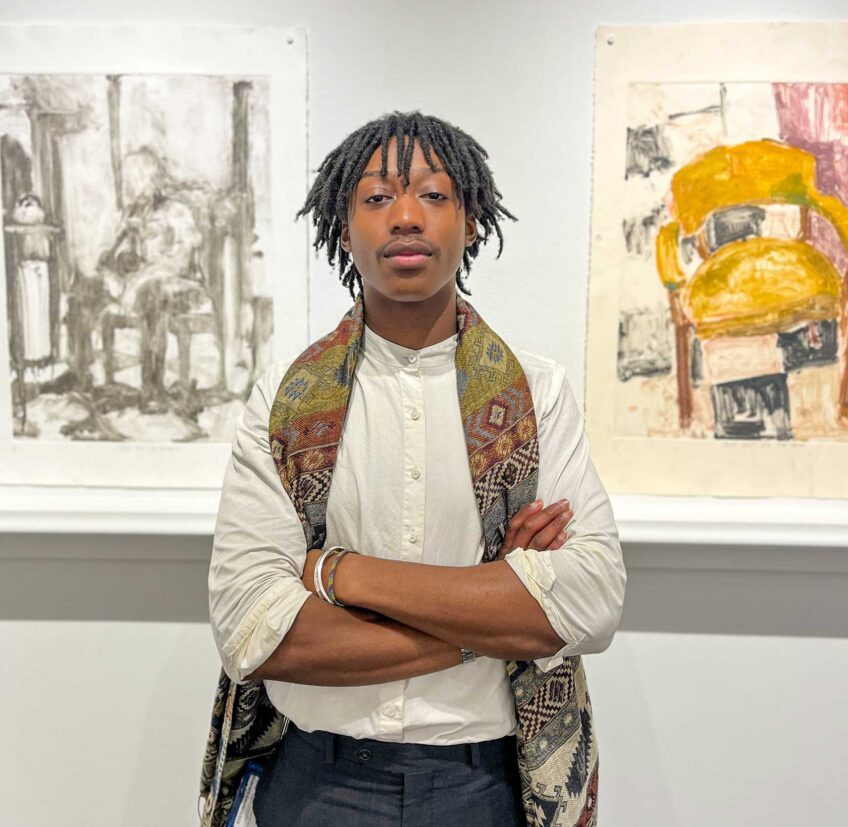Next Jazz Legacy program to grant fellowships to women and nonbinary jazz musicians

Next Jazz Legacy, a collaborative program between the Berklee Institute of Jazz and Gender Justice and New Music USA, is days away from granting its first six fellowships to women and nonbinary improvisers in jazz. The program, launched in November 2021, “aims to inspire change across the jazz community, providing early-career artists with long-term apprenticeships, financial support and promotion.”
Candidates were chosen this year by a final-round panel that included musician and composer Terri Lyne Carrington, who is the founder and artistic director of the Berklee Institute; trumpeter and composer Ambrose Akinmusire; saxophonist and composer Miguel Zenón; vocalist and songwriter Cassandra Wilson; flautist and composer Nicole Mitchell; and trumpeter and composer Sean Jones.
Artists chosen to be part of the Next Jazz Legacy will receive a $10,000 grant, a one-year performance apprenticeship, a two-track mutual mentorship program, access to peer-learning cohorts led by Carrington, online learning courses from Berklee, and a variety of promotional opportunities, from a podcast series and artist playlists developed with media partners to live showcases with national presenters.
Aja Wood, managing director for the Berklee-based Institute, tells the Banner, “On the ground, there’s a history of women and nonbinary musicians having less opportunity to do the things that allow one to elevate musicianship. There’s an amorphous work environment and no HR departments. We want to help fill the gap and get rid of obstacles that are unnecessary: misogyny, racism.”
Data put forward by Next Jazz Legacy, quoting NPR’s 2019 Jazz Critics poll, notes that only 16% of core band personnel are women, 58% of jazz albums have no women musicians, and only 7% of the critics contributing to the poll were women.
Through collaboration with existing structures of power, Next Jazz Legacy intends to speed up inevitable change. Carrington writes that the program “amplifies and addresses the need for all the masters of jazz to contribute to (and understand the need for) a more equitable jazz future. The people that have benefitted the most from patriarchal structures are precisely the ones that need to help us address the problem.”
A fundamental part of Next Jazz Legacy is the mentorship it offers, a form of apprenticeship and training that has been inadequate.
Vanessa Reed, president and CEO of New Music USA, reinforces the goals and values put forward by Wood and Carrington. In 2020, New Music USA started a comparable program for filmmaking called Reel Change, which aims to address the fact that the vast majority of films are scored by white men. The program supports “composers of diverse backgrounds who have been marginalized in film composition.”
It was through a series of discussions between Carrington and Reed that Next Jazz Legacy became a reality. A key component of the program is providing the layers of support, in addition to funding, that create a community of relationships that foster both personal and professional growth.
“Our core priorities are to increase resources, build a community, and increase advocacy and equity,” says Reed.
Next Jazz Legacy receives support from The Andrew W. Mellon Foundation and notes “gratitude to Joseph A. and Nancy Meli Walker for their generosity.”





![Banner [Virtual] Art Gallery](https://baystatebanner.com/wp-content/uploads/2024/04/AmberTorres_4-667x848.jpg)

